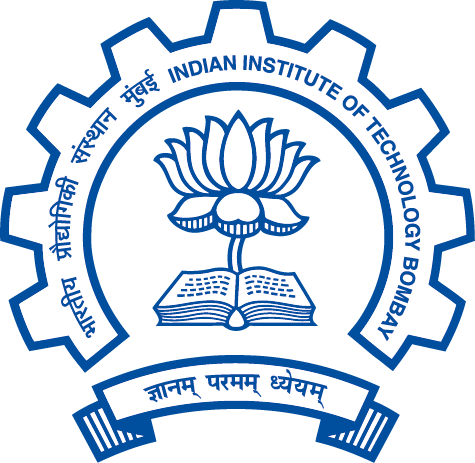Regrading requests
The regrading procedures in this course are intended to correct serious errors in grading. It is not intended as an opportunity to argue about each judgment call made by the graders. We will only consider a regrading request if there is a significant error in grading, and if you sincerely feel that your exam was unfairly graded, we will look it over carefully. Having said that, if there is an attempt to use this feature to raise an unnecessary regrading request, then based on the severity of the attempt, a penalty will be placed which can go as high as deducting 50% of the marks for that question (irrespective of what marks you got in that question). We are not trying to scare off students whose exams were graded incorrectly, but we are trying to avoid frivolous requests.
What Merits a Regrade: The following are the usual circumstances that may lead to an increase in points:
- Your answer is really the same as the one on the answer key, but the grader didn’t realize it.
- Your answer is different from the one provided on the answer key, but your answer is also correct.
What Doesn’t Merit a Regrade: The following are not valid reasons for regrades:
- “Most of what I wrote is correct, so I think I deserve more partial credit.”
Partial credit is given equally for all students who write a particular answer, so it would not be fair to give you more points for this without adding points to all students who wrote the same answer.
- “I wrote so much, and the grader didn’t notice that the correct answer is buried somewhere within this long paragraph.”
You will lose points if the correct answer is accompanied by incorrect information or by so much irrelevant information that it gives the impression that you were just writing down everything you could think of on this topic. To get full credit you must demonstrate the ability to pull out the relevant info and to exclude irrelevant info.
- “I’m just 1 point away from an A, so I thought it was worth scrounging around to find an extra point somewhere.”
Lobbying for grades is considered inappropriate by the institute rules, so your case may be reported to appropriate authorities.
